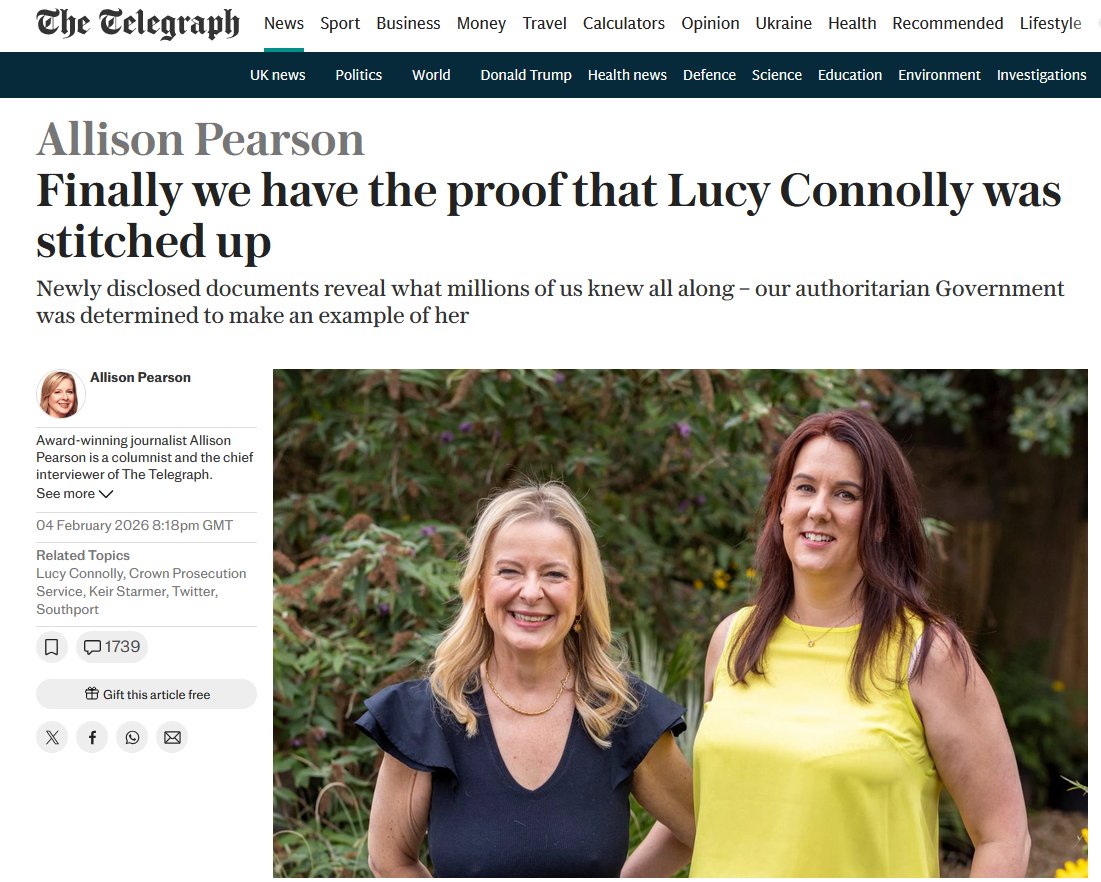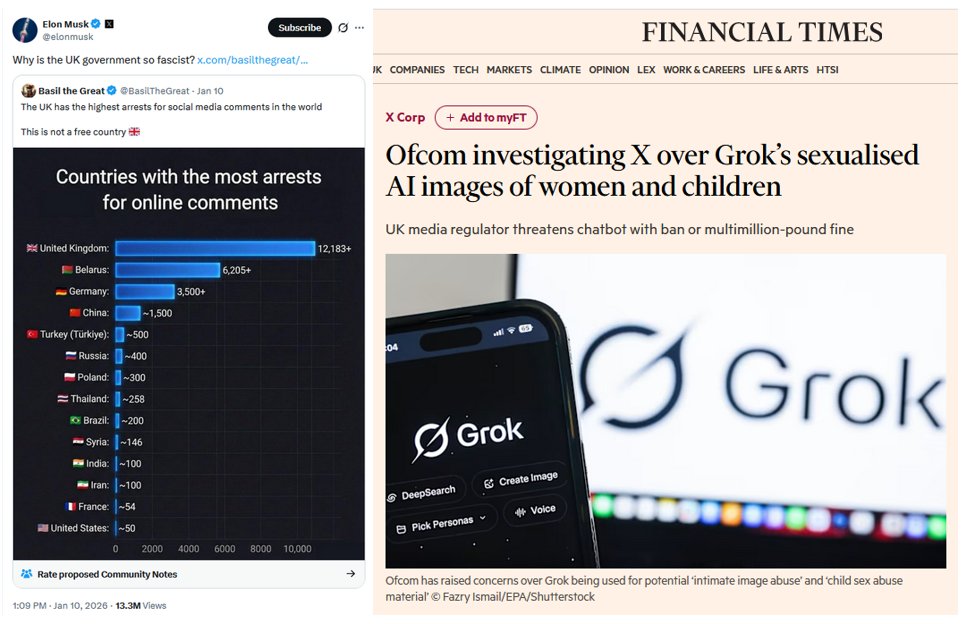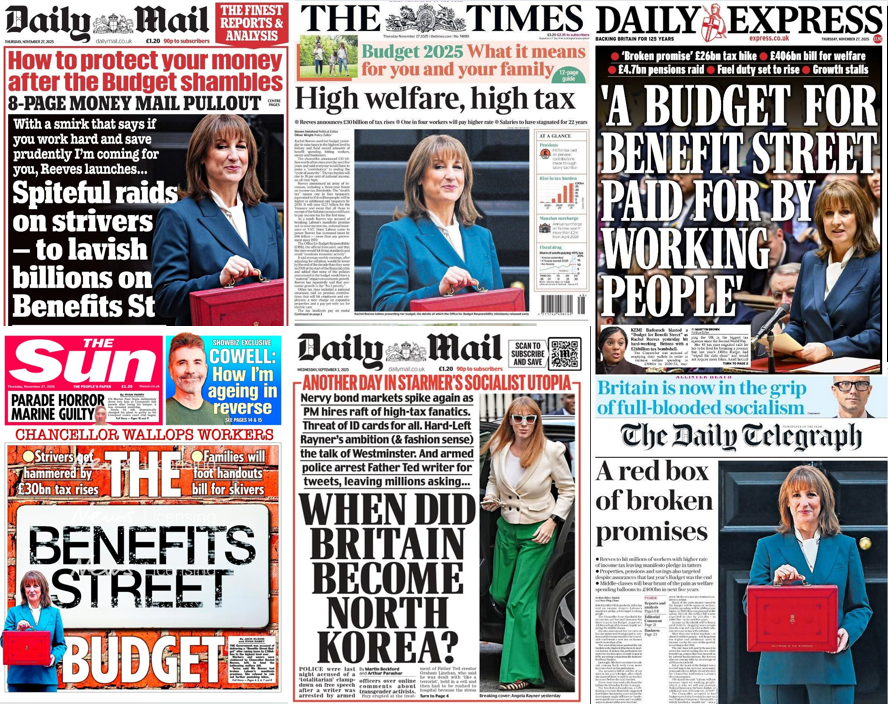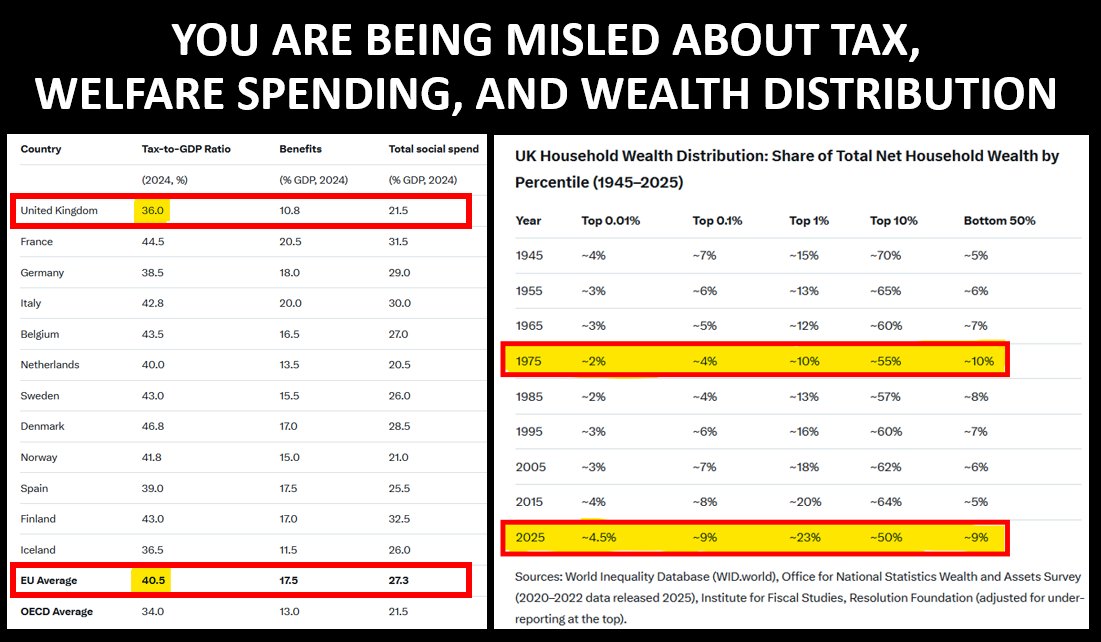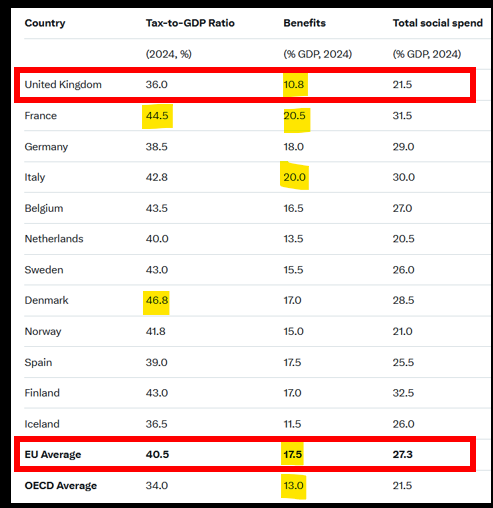So Keir Starmer has written a piece in the right-wing non-dom billionaire-owned ex-employer of Boris Johnson, The Telegraph.
It's behind a paywall, so I reproduce the text below, & add my own two penn'orth on the contested concepts of #patriotism & #nationalism at the end.
It's behind a paywall, so I reproduce the text below, & add my own two penn'orth on the contested concepts of #patriotism & #nationalism at the end.

"The #PlatinumJubilee is a chance to celebrate our extraordinary monarch and the values she represents
The Jubilee weekend isn’t just an opportunity for us to reflect on the 70 years since Her Majesty’s accession to the throne – although it will, of course, be that."
The Jubilee weekend isn’t just an opportunity for us to reflect on the 70 years since Her Majesty’s accession to the throne – although it will, of course, be that."

"And it isn’t simply a chance for a country wearied by the extraordinary circumstances of the past few years to let its hair down – although it is, of course, your patriotic duty to do just that." 
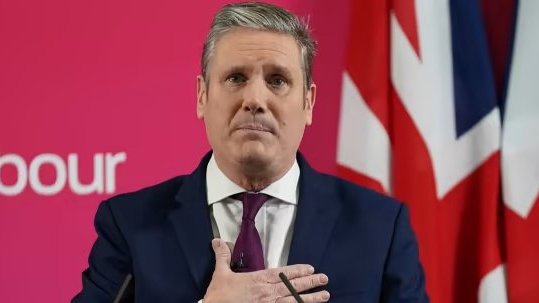
"No, the first #PlatinumJubilee in our nation’s history is a chance to celebrate a truly extraordinary Queen, to reflect on the difference she has made to her country, and to consider what our Elizabethan age has meant – and what it will mean for our future." 

"Over the coming days, there will be time for rich explorations of the history. How Her Majesty has guided us through turbulent times and stood alongside us during the good and the bad." 

"But I want to reflect on the values the Queen represents & how they have made her such a popular, unifying & enduring figure. We live in a time in which our attitudes towards authority have changed. The deferential culture of the early part of Her Majesty’s reign has long gone." 

"But the Queen has been able to rise above much of the archness and cynicism: the hope and surety she represents sometimes feel like a throwback to that former age. The admiration people have for her goes far beyond the typical relationship between monarch and people." 

"There is no great secret as to how she has managed this. Her Majesty’s commitment to duty and her passion for furthering our country on the world stage have not just benefited each of us – they have also conferred on her the respect and love of people here and across the world." 

"It is a truism that with great power comes great responsibility, but the Queen’s reign has been a continuous reminder of the way to deal with that – to block out the noise & get on with the job at hand." 

"The Western world has changed beyond recognition since the 1950s. This has led to fundamental questions about what it means to be a citizen and what it means to be patriotic." 

"Britain has been no outlier in this. Her Majesty’s constant presence – a bridge between different eras – has been an important part in helping us to wrestle with those questions." 

"That Britain has at every juncture rejected extremism is in no small part due to our idea of who we are as a people: an idea borne of a sense of stability that cannot exist without strong institutions." 

"Watching last year’s Euro 2020 tournament, it was striking not just how many of the home nations’ players were first, second or third-generation immigrants but how many of those wearing replica shirts in the stands or the pubs were as well." 

"This weekend’s celebrations will feel the same. I encourage everyone to get involved – and I endorse this newspaper’s call for local authorities to try to ensure that as many events can take place and as many people can celebrate as possible." 

"Just as at the Queen’s coronation in 1953, our country is at a crossroads. Just as then, we have gone through great change. And just as then, there are siren voices who claim that our best days are behind us." 

"But they will once again be proven wrong. The Britain that is emerging at this #PlatinumJubilee is one that is again ready to move on from the tribulations of recent years, stronger for its experiences, and more than able to seize the opportunities ahead." 

"Just as the Queen has led us through the past 70 years, all that she has taught us – about duty, tolerance, humility and responsibility – will continue to guide us into this next era. We are a better, brighter country because of her." 

"Our history is richer, our future built on firmer foundations and our great country made greater still by her rule.
Now that’s something worth celebrating."
The Telegraph reminds readers that "Sir Keir Starmer is leader of the @UKLabour Party"
Now that’s something worth celebrating."
The Telegraph reminds readers that "Sir Keir Starmer is leader of the @UKLabour Party"

Starmer knows how powerful the non-dom billionaire-owned Telegraph is in shaping public opinion, & I understand why Starmer believes he has to directly address Telegraph readers - although the likelihood of any Telegraph reader ever voting for @UKLabour is, at best, remote.
Couple of things to note straightway:
First, the slightly odd suggestion that it is the country's (by which he presumably means the British people's) "patriotic duty" to "let its hair down", & his call "to reflect on the difference (if any) she has made to her country".
First, the slightly odd suggestion that it is the country's (by which he presumably means the British people's) "patriotic duty" to "let its hair down", & his call "to reflect on the difference (if any) she has made to her country".
Second, Starmer claims "Her Majesty has guided us through turbulent times", without giving any examples.
How, precisely, has she done this? Through the Queen's speech, watched last year by 9 million people? I'm not sure there are tangible examples to give.
How, precisely, has she done this? Through the Queen's speech, watched last year by 9 million people? I'm not sure there are tangible examples to give.
Third, while accepting deferential attitudes to authority have changed over the years, he says he wants to "reflect on the values the Queen represents", initially offering 'rising above cynicism' & "commitment to duty" & "passion for furthering our country on the world stage".
In a clear dig at Boris Johnson, the other values he sees the Queen representing are "integrity, hard work & selflessness", which are fine, but then he cryptically adds that they "are the antidote to pessimism." As Johnson constantly reveals, blind optimism can be catastrophic.
When Starmer claims the Queen's way of dealing with responsibility is a reminder to "block out the noise & get on with the job at hand", it hints at his leadership style - one which, echoing Johnson, runs close to dismissing heartfelt concerns as 'mere noise'.
Regarding the "fundamental questions about what it means to be a citizen" he talks about "rejecting (unspecified) extremism" - presumably including anything departing from the establishment's preferred order - & clumsily connects this to (again unspecified) "strong institutions".
He refers to the 2020 Euros & the fact that the "home nations’ players were first, second or third-generation immigrants" but instead of focussing on the players' stance against racism he instead signalled integration by referencing immigrant descendants "wearing replica shirts".
He then moves on to say "the country is at a crossroads", but instead of spelling out that this is due to the @Conservatives' 14-year-long catastrophic mismanagement of Britain's society, democracy & economy, he warns of "siren voices who claim that our best days are behind us."
Starmer is unclear who is claiming "Britain's best days are behind us" - the nostalgic backward-looking right-wing, or the left-wing who yearn for more equal times? Starmer's rhetorical style is reminiscent of Labour's disastrous 'constructive ambiguity' Brexit rhetoric.
Nodding to leave voters, his rallying call is that "the Britain that is emerging at this Platinum Jubilee is one that is again ready to move on from the tribulations of recent years, stronger for its experiences, & more than able to seize the opportunities ahead."
Ultimately, Starmer has actually said next to nothing concrete or specific about this "new patriotism" - saying it is "easy" & "self-confident" is meaningless. perhaps the only thing separating him from the Right is his vague commitment to the "new patriotism" being "inclusive".
He ends with the highly questionable claim, aimed directly at the aging Telegraph readership, that "We are a better, brighter country" because of the Queen, & that "our history is richer, our future built on firmer foundations & our great country made greater still by her rule".
Imho, this is not just a largely pointless PR exercise, that says naff all, designed to calm the nerves of Telegraph readers who won't vote for him anyway, but much more importantly, it is a wasted opportunity. Here's what I think he should have addressed:
https://twitter.com/docrussjackson/status/1516338819208990722?s=20&t=RR4AnRZILb6fUFReDM2jIQ
• • •
Missing some Tweet in this thread? You can try to
force a refresh




